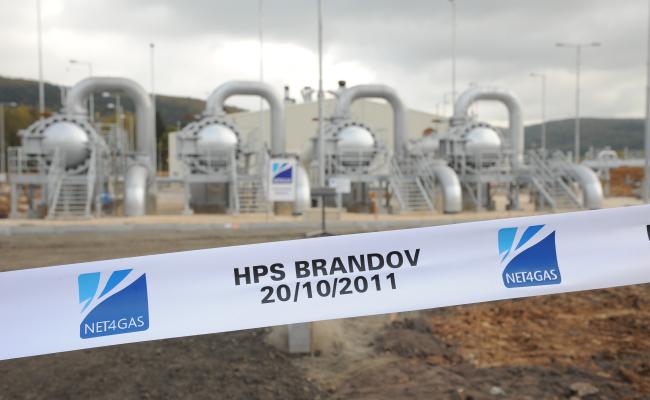Germany Supports Swedish Push for EU Ban of Russian LNG

Just days after Swedish calls to sanction imports of Russian liquefied natural gas, German government officials confirmed their support for an EU-wide ban. The measures could be included in the upcoming 14th sanctions package, but are likely to face resistance from major Russian LNG importing countries such as Spain, Belgium and France.
In a further sign of the door possibly closing on Russian liquefied natural gas (LNG), German Vice-Chancellor and Minister of Economy and Climate Action Robert Habeck, confirmed the country’s support for an EU-wide ban on the import of Russian LNG.
Sweden’s Foreign Minister Tobias Billstrom advanced the need for sanctions on Russian LNG in the upcoming 14th sanction package earlier this week.
In comments made to DW News, Habeck said his country was no longer reliant on Russian LNG or natural gas and urged other EU countries to follow suit.
“Yes, I support this,” he explained with reference to Sweden’s proposal.
“Germany no longer needs LNG from Russia, we no longer have contracts with Russia for its supply,” he continued.
Should be possible for other countries
While Germany no longer imports Russian gas via pipeline or as LNG directly, the country may still be receiving some quantities indirectly via neighboring Belgium and the Netherlands. Both neighbors still import Russian LNG and re-export part of it, including to Germany.
Exact figures are hard to verify as the origin of gas becomes nearly impossible to trace once it enters the European gas network. Recent research suggests Germany may still be receiving between 4-6 percent of its gas needs through the Russian LNG imports of its two neighbors.
Phasing out Russian gas
Nonetheless, the overall phase-out of Russian gas in Germany leaves little doubt that the country has completely moved away from its former dependence on the country. It now receives around half its gas imports from Norway.
“What Germany managed to do with regard to gas should be possible for other countries in other energy sectors,” Habeck stated.
“If we were able to move away from pipeline connections and other infrastructure dependencies, then this can be expected of other countries as well,” he urged.

His comments referred to the continued reliance of Belgium, France, and Spain on Russian LNG. All three countries have all increased their imports from the country over the past two years, sending around $1bn each month to Russia.
Unclear
Belgian officials have repeatedly expressed the need for EU-wide regulations in order to break long-term LNG transshipment agreements Belgian company Fluxys signed with its Russian counterpart Novatek. Spain’s Energy Minister Teresa Ribera has called on the country’s energy firms to reduce imports of Russian LNG.
Both countries have shied away from taking concrete actions. Meanwhile, there have been few comments on France’s position regarding Russian LNG imports. The country’s energy major TotalEnergies remains invested in Russia’s Yamal LNG and continues to receive LNG from the project.
It is unclear if a complete ban on Russian gas, including LNG, can find the required unanimous approval among all 27 member states. Austria especially continues to rely on Russian gas deliveries, but has expressed willingness to phase out the supplies.
The European Commission has begun work on the 14th sanctions package against Russia, with a draft expected in the coming weeks.



